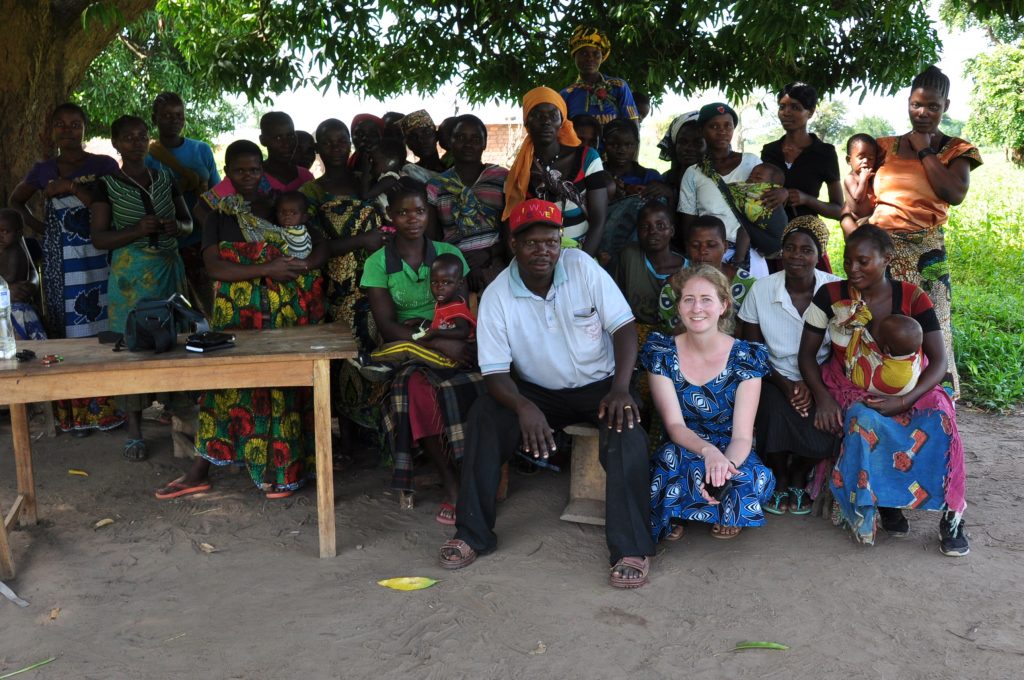I am a medical anthropologist with extensive fieldwork experience in Tanzania conducting qualitative and mixed methods ethnographic research in health facilities and communities in remote areas. I chose to pursue medical anthropology as a way to merge my interests in medicine and issues of health equity. With an initial interest in hemorrhagic fevers and tropical infectious diseases, I switched to a focus on maternal and reproductive health after observing an autopsy in 2008 of a woman who had died during labor while I was at a regional hospital in Tanzania. My research projects are primarily based in health facilities where I work closely with nurses, doctors, and health administrators. I also frequently spend time speaking with village leaders, as well as women and men in their homes and communities. To date, I have worked in the Singida, Rukwa, and Kigoma regions of Tanzania and I am currently launching a new 3-year project in Iringa and Dar es Salaam. My recently published book is about maternal mortality in hospitals and health facilities in the country, examining issues of care, ethics, and accountability to try to answer the question, why do women still die in biomedical facilities after more than 30 years of campaigns to improve these healthcare services in low-resource settings? My postdoc project (2018) focused on a birth companion program being implemented in the Kigoma region of Tanzania. I used this program as a way to explore locally valued concepts of care and support for pregnant women during pregnancy and while giving birth. The findings from this work provide insights into concepts of disrespect and abuse (otherwise known as obstetric violence), as well as power dynamics in health facilities, and the sociality of reproduction as enacted in the biomedical setting.
I am currently leading an NSF funded project on pain care practices in Tanzania that will run from 2022-2025 and that includes work in Iringa region and at Ocean Road Cancer Institute in Dar es Salaam. This project will explore the meanings and formation of pain and pain care practices in Tanzania across different levels of biomedical health facilities, as well as in the community. I am particularly interested in the gendered meanings and experiences of pain, as well as how a landscape of low opioid availability affects pain care.
In addition to my work in Tanzania, since 2020 I have been working with physicians at UF Shands on projects related to patient centered outcomes and experiences for patients with abdominal aortic aneurysms and peripheral arterial disease. These projects extend my interest in biomedical care dynamics and patient-provider interactions to a local setting and have allowed me to continue research during the COVID-19 pandemic when traveling to Tanzania was not feasible. There are on-going opportunities for undergrads to become involved in these local projects. Please contact me if you are interested in learning more.
